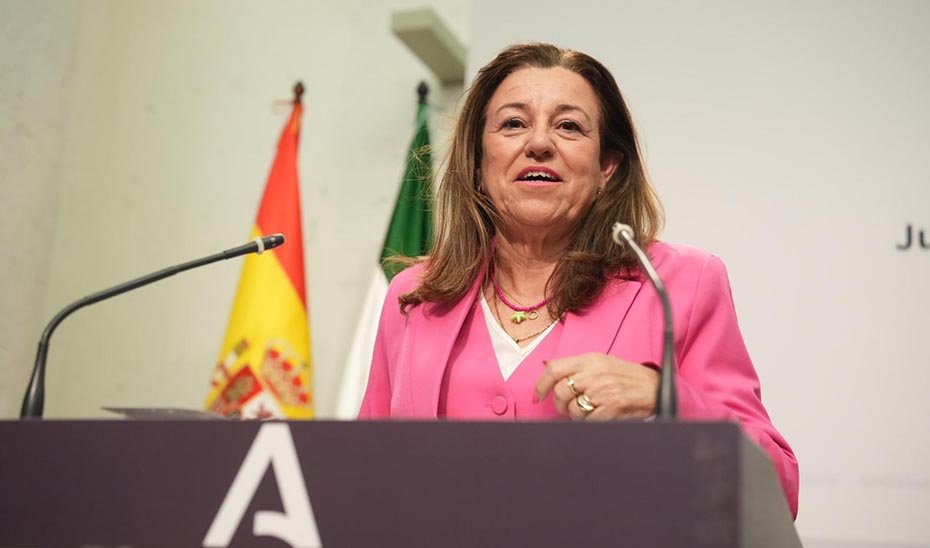The Government Council has approved the new decree regulating the operation of centers that provide the first cycle of Early Childhood Education in Andalusia. This decree includes a change in the model with the aim of moving towards free education for children aged 0-3. Starting from the next academic year 2025-2026, the Ministry of Educational Development and Vocational Training will offer free socio-educational services for 2-year-old children in both the government-owned Infant Schools of Andalusia and centers participating in the family assistance program. This means that in the upcoming academic year, over 64,000 children could benefit from this initiative, based on the census data of two-year-old children in Andalusia, with an estimated investment of 40 million euros by the Andalusian government.
This step towards free early childhood education is one of the measures taken by the Andalusian government to facilitate work-life balance, especially for middle- and working-class families and disadvantaged families. It is in the 2-year-old age group where the highest enrollment rates are seen, with around 72% of children enrolled in this stage during the peak estimated enrollment for the current academic year.
The decree, developed in consensus with the sector, outlines the path towards achieving complete free education services for the entire first cycle. Within a year, a plan will be devised to address the issue of free education for 0 and 1-year-olds, with a maximum timeline of six years. The goal is to continue increasing the enrollment rate while preserving the Andalusian model and the indivisibility of the 0-3 age group.
The academic year 2025-2026 will see the coexistence of two models: one for 0 and 1-year-olds, which will continue as before with its services and benefits, and a complete free education model that already covers 50% of the population based on income. The 2-year-old age group will benefit from free education services, reaching a larger number of families, especially those at risk of poverty and social exclusion. This initiative is one of the most significant measures designed for Andalusian families in terms of work-life balance and support for childbirth, benefiting thousands of working-class families and enhancing protection for the most vulnerable groups, which remain a top priority.
The new regulation, replacing the Decree 149/2009 of May 12, reflects an update of the guiding principles and objectives of these educational programs, crucial for the educational development of children in the 0-3 age group. It also maintains the unique Andalusian educational model, which is based on public-private collaboration with a sector that provides socio-educational services, alongside government-owned infant schools.
A student in the first cycle of Early Childhood Education after completing a creative activity.
As a novelty, a model with three services has been designed for 2-year-old students, with the primary service being Socio-Educational Care, operating from 9:00 to 15:30, completely free for all families, and a subsidized cafeteria service based on income.
Additionally, the morning classroom will be open from 7:30 to 9:00, and the afternoon classroom from 15:30 to 17:00, both offering discounts. These services will contribute to the care and well-being of students, providing educational entertainment, recreational activities, and assistance. Both classrooms may accommodate children from different school years, with a maximum of 15 students per group.
To maximize work-life balance, both infant schools and Early Childhood Education centers will offer their services from Monday to Friday on all non-holiday days throughout the year, except for August, operating from 7:30 to 17:00 without interruption, with a maximum of eight hours of stay for students. The regular school year will commence on the third business day of September and conclude on the penultimate business day of July each year.
Regarding the authorization for the opening and operation of an early childhood education center, as well as the expansion of the number of units or school positions authorized, the authorization will take effect the day after notification. This streamlining of processes by the Ministry of Educational Development and Vocational Training aims to support this sector, which generates over 15,000 jobs, predominantly filled by women.

